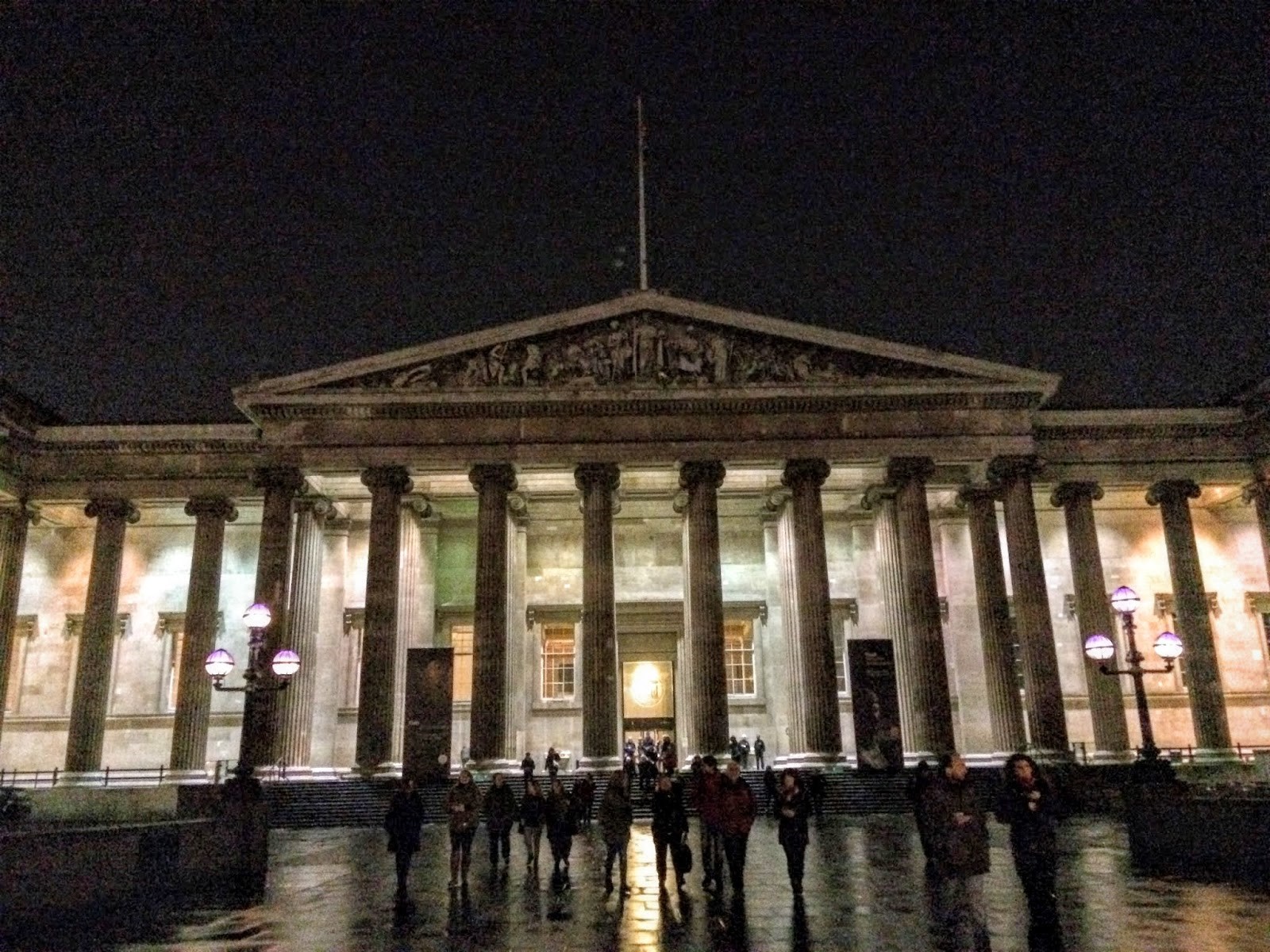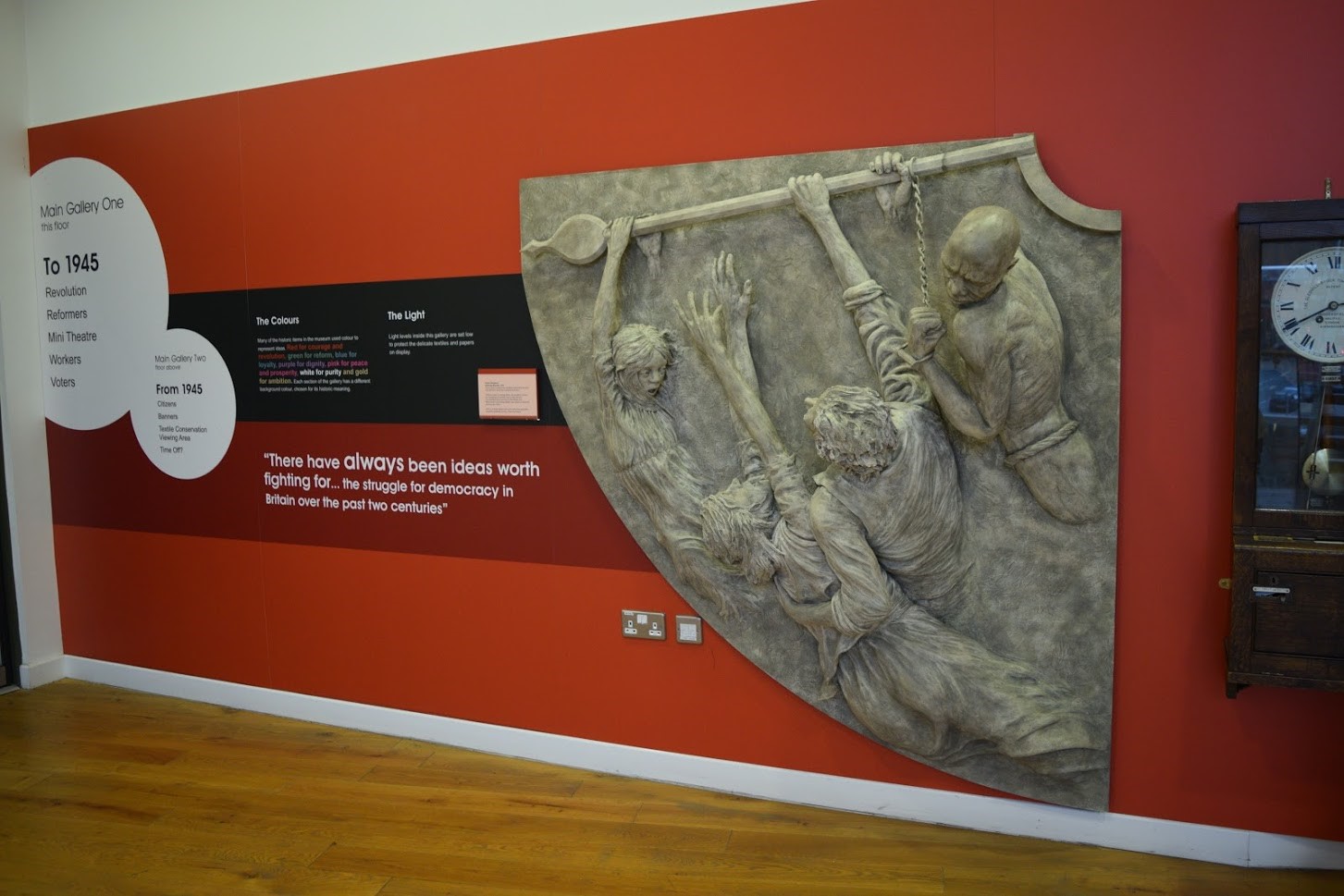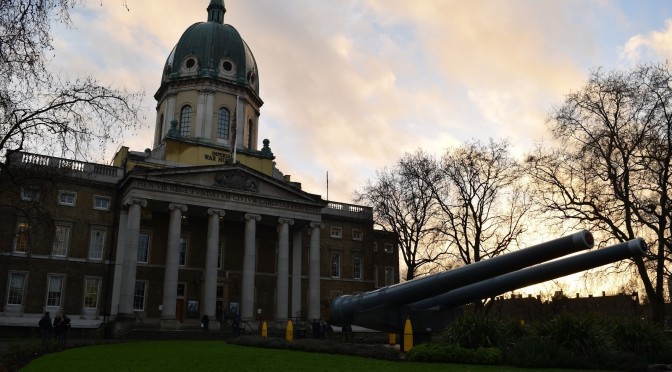Guest post by Mirella Cullen, BA in Cultural Studies and English – currently on exchange at the University of Manchester in the UK
I am usually met with either scoffs or admiration when I mention how I can (and now do) get lost in museums/exhibits/galleries/what-have-yous for hours. They are sites of education and enlightenment through cultural exhibitions, where one has the opportunity to learn about topics ranging from Dadism to the Byzantine Empire – all under one roof.
Being on exchange in the UK has been a blessing for someone like me because the vast majority of their museums/exhibits/galleries/what-have-yous are free (something I’m not used to – I’m looking at you, Royal Ontario Museum). Now combine free with a culturally-obsessed student and you’ve got a winner.
As a result, I’ve been on a knowledge rampage since I’ve been here: London’s Imperial War Museum and British Museum, Glasgow’s Kelvingrove Art Gallery and Museum, and Manchester’s Museum of Science and Technology to name a few.
So how could I ever be displeased?
(Un?)fortunately I have reached a point where I am more overcome with guilt, rather than enjoyment, with every plundered mask from Africa and every exhumed mummy from Egypt. The majority of what you see at these sites of education, enlightenment, and culture are stolen materials.
It may not help that I am a settler born in a British colony that is still working towards reconciliation with Indigenous communities, but it’s alarming to see the minimal, if any, acknowledgement of Britain’s colonial past in exhibits and how/why those objects got there in the first place.
It got to the point where I felt compelled to leave written, publically displayed feedback (in my defense, they were literally asking for it) at the Manchester Museum addressing their use of the term “Indian” in reference to Indigenous peoples of what is now North America. What I left on that note (albeit with harsher words) is what I’ll say here: they should know better.
And that’s what flabbergasts me. Curators and museum staff should have the educational background to at least properly identify their stolen goods.You may think “stolen goods” is going too far, but can we really continue to justify the privateering of cultural objects, people, and animals for educational purposes when the information provided isn’t even accurate?

At this point I feel like my cynicism is apparent but maybe not substantiated, so I offer a comparison: Animal activists have long attacked the confinement of animals in zoos or for entertainment purposes, and as a cultural studies student, I can’t help but feel like that is the same treatment that these cultural materials receive. This isn’t to solicit empathy or equate the damage to livelihood, but hopefully it paints a better picture of the importance of incorrect cultural representations and the perpetuation of falsities.
There may not be any life or blood in museum collections, but there was. And is there any educational benefit to their display without proper information or acknowledgement of how and why these goods were able to be there in the first place? No, they are stolen or “discovered” goods (unless they have been donated to the respective institution by a representative group).
By no means do all exhibits fall victim to the glossing over unfavourable aspects of a country’s past. I’ve stumbled upon radical alternatives to these publicly funded institutions that call themselves “People’s Museum of (insert city)”… which also happen to be free (win!). These sites are dedicated to Britons of the past two centuries who have paved the way for democratic and socialist reformation in the United Kingdom.

But still – the jump from invading countries, dismantling their system through violence, twisting their ideologies, and leaving them with no choice but dependence to the crown – to the celebration of their democratic politics, again, without really profiling the atrocities of colonization… worries me.
Museums and the like serve a purpose, don’t get me wrong, and my obsession (guilt in tow) is only growing – there just needs to be some type of reform on how their collections are presented to visitors. If you’re over the age of 12, I refuse to believe you need to be told that India is not in North America, but still, here we are…


 Follow
Follow